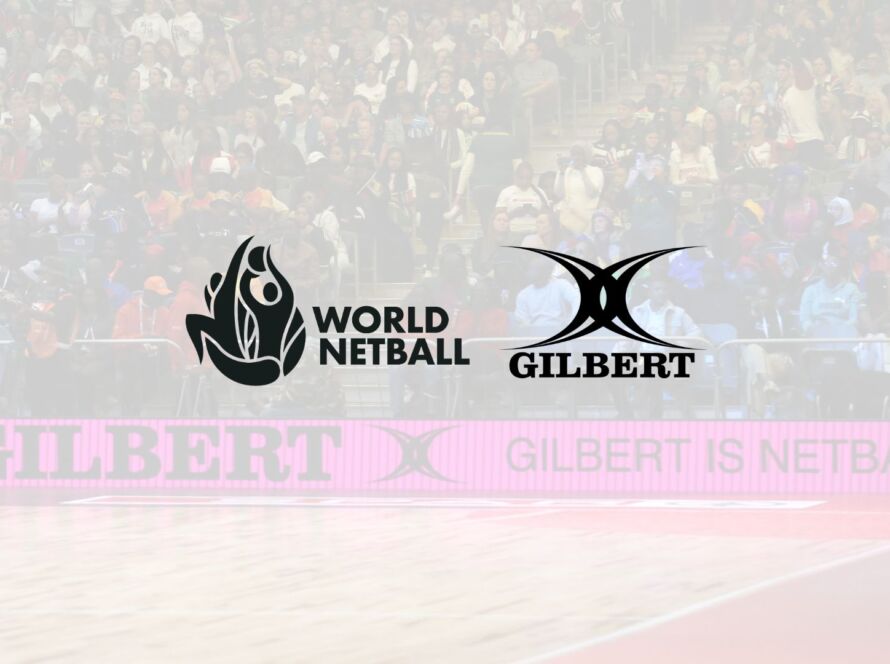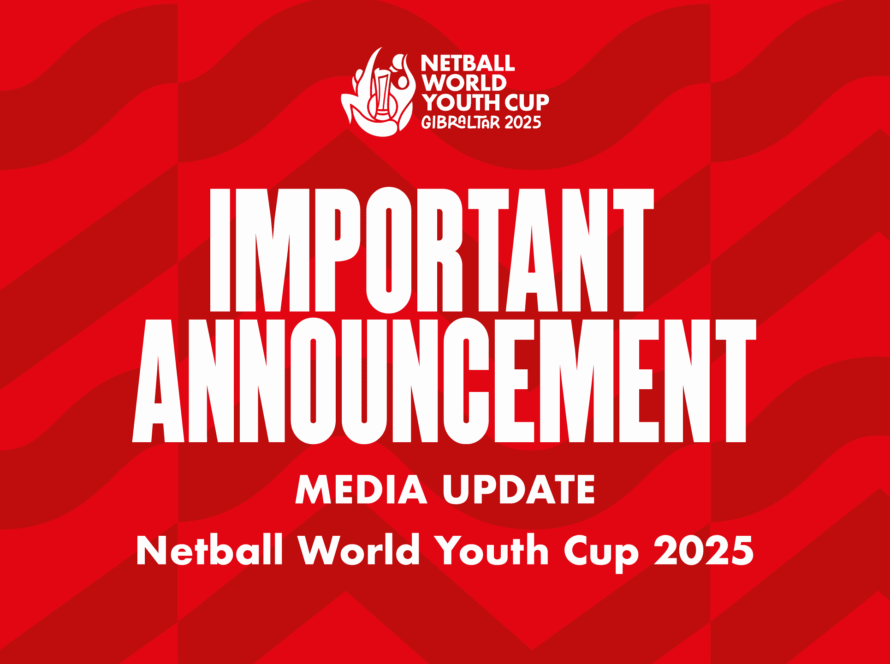To open day 2, Jamaica delivered a dominant performance, securing a 66-43 victory over Tonga. The match began with a strong start from JAM, who showed impressive defensive intensity, hunting for the ball and forcing Tonga into early mistakes. Their defence through out court put TGA under constant pressure, limiting their scoring opportunities. TGA showed resilience with a strong start to the second half, but JAM early lead and tough defence secured a convincing win.
Match 11: Despite showing good intensity and sharp movements in attack, Gibraltar couldn’t fully capitalize on their opportunities, with a few shots just missing the mark. Malaysia stayed calm and composed, gradually taking control of the game and extending their lead to secure a commanding 59-28 victory.
In match 12, New Zealand started with tight defence from the get-go, and despite a closely contested first half of the opening quarter, they managed to take the lead early. NZL maintained their intensity, building on their advantage to secure a commanding 74–47 victory. Cook Islands showed resilience, but NZL depth, skill, and consistent performance proved decisive throughout the match.
In match 13, Malawi delivered a commanding 29-65 victory over Trinidad & Tobago with a display of speed, precision, and strong team connections. From the start, MAW built constant pressure, keeping their players always an option for quick passes. MAW defensive unit applied excellent pressure, often flooding the centre court which forced a number of turnovers. TTO tried to respond with a defensive wall, but it wasn’t enough. They were too tight on their attack inside the circle at times, giving MAW easy scoring opportunities.
In match 14, Fiji delivered a strong performance to secure a 66-34 victory over Barbados. While BAR kept hustling throughout the match, they occasionally left too much space, which FIJ capitalized on with smart movement and sharp attacking play. FIJ excellent switching in the defensive circle disrupted BAR rhythm, allowing them to control possession and maintain their lead.
Match 15: Scotland claimed a convincing 64-21 victory in a well-contested match. Northern Ireland put up a strong defensive wall, but it wasn’t enough to contain Scotland, who effectively used the space and capitalized on opportunities. Both teams showed great structure and movement throughout the match.
In match 16, Australia dominated with fast-paced play, sharp long passes, and strong zone marking, keeping Singapore under constant pressure. Singapore was often forced to rely on short passes and frequent resets to cope with Australia’s defence, but despite their efforts, Australia’s speed and intensity proved too much as they cruised to a commanding 92-25 victory.
ENDS
Media Contact:
Notes to Editors:
World Netball
World Netball is the sole, internationally recognised, governing body for netball affiliated to the Association of Recognised International Sports Federations (ARISF), receiving funding from the International Olympic Committee.
World Netball creates a better world through netball, inspiring netballers to embrace opportunities and achieve their potential. Netball is played in more than 100 countries around the world with 76 National Netball Associations affiliated to World Netball. The associations are grouped into five Regions – Africa Netball, Americas Netball, Asia Netball, Europe Netball and Oceania Netball – each with a respective Regional Federation. Regional Federations are an integral part of the global governance structure and assist in the implementation of World Netball policies and the development of the sport in their respective regions.
For more information visit www.netball.sport



